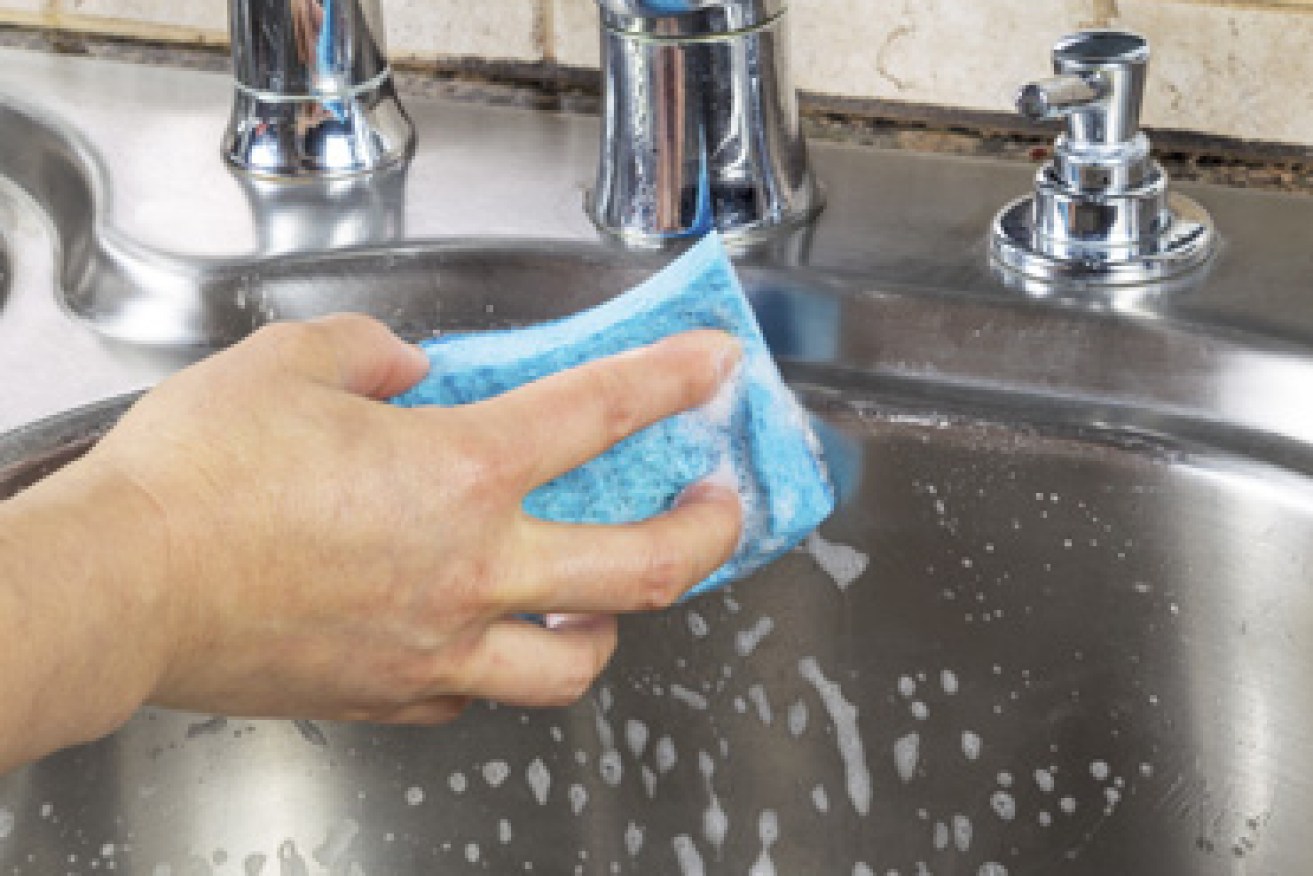At a conference last year, Levi Strauss CEO Chip Bergh admitted that his year-old jeans had never been washed.
He made the nose-wrinkling statement because he believes in the wisdom of making our clothes, pay packets and the planet last a little longer.
Professional organiser Susanne Thiebe, an expert in getting rid of clutter and waste, tells The New Daily that even though we live in an increasingly disposable world, we can – and should – strike a blow against expendability.
• Avoid the bread line: make your super last
• Coles pleads guilty over lightweight steaks
• How to stop spending thousands at work
“There is no reason to always dump and go for something new and fancy just because someone tells us to,” says Ms Thiebe, who has an engineering degree in interior architecture.
“We live in a world with finite resources. If we keep on buying and dumping at the rate we do now there will be not much left for our grandkids.”
Research last year from ME Bank found that more than half of households are struggling to save each month. Getting a bit more mileage from all our stuff could even boost the weekly budget.
Denimise your wardrobe

Wash less and skip the machines. Photo: Shutterstock
Levi Strauss says an average pair of jeans consumes roughly 3,500 litres of water if you wash them once a week for two years, which is sure to fade and erode the denim and hike up your water bill.
The jeans company recommends freezing rather than washing, as this should be enough to kill odour-causing bacteria.
For clothes less hardy than jeans, you can protect the colour and fabric by turning them inside out and only using a cold wash.
You can also save money by hanging clothes inside instead of putting them in the dryer, which chews through power, and by cutting back on laundry detergent.
White vinegar can also be a perfect replacement for expensive brands of fabric softener.
Keep your cupboards fuller for longer

Billions of dollars wasted on bread, milk and other groceries. Photo: Shutterstock
FoodWise has estimated that Australian households waste approximately $1000 worth of food every year, which adds up to an $8 billion price tag annually.
To cut back on waste, try replacing some fresh vegetables with the tinned variety. They are higher in sugar and salt, but the nutrient value is the same (or possibly better) and can sit in the cupboard for months.
Bread and cereal can be stored in the freezer to stop them from going stale, and long life dairy could stop you from crying over spoiled milk.
More expensive meat, which has to be eaten very quickly, could be replaced in many recipes with canned beans or lentils, which will probably outlive us all.
Never buy cut fruit, as something with a rind or skin on it will last much longer in the fridge and cost far less. Leftover salad will also stay crispier for longer if you store it with a scrunched-up sheet of paper towel.
You can even construct a cheap way of storing leftovers from empty soft drink bottles and plastic bags. Just cut the top off the bottle, pull the bag through the lid and screw the cap on tight.
A longer shave

Old blades really can be salvaged. Photo: Shutterstock
To make a razor last longer, clean and sharpen it by rubbing it backwards against a pair of old jeans about 20 times.
Prevent rust by drying the blade with a hair dryer after use and wrap in a plastic bag to keep out moisture. This is important because blade dullness stems from oxidation and microscopic rusting, rather than contact with your stubbly growth.
You can even save on shaving cream by using olive oil instead. There are some who think that oils keep the metal shiny and sharp, and that the olive variety is a cheap and useful substitute for a lather.
Burn bright like an ice cube
If you ever use candles, freezing them first will result in a much slower burn – supposedly up to twice as long.
Your romantic candle-lit dinner will be far more economical if you chill your beeswax for a day or so beforehand, which should be ample time for the wax to harden.
Super soaker

Math genius! Double your sponge by cutting it in half. Photo: Shutterstock
Cut sponges in half to double their life span.
Rather than throwing out a dirty sponge, soak it in white vinegar and ‘cook’ in the microwave for several minutes. This should disinfect both the sponges and the microwave.
Battery life
The life of your smartphone battery can also be extended by:
• turning down the volume;
• dampen screen brightness;
• reduce the time it takes for your screen to go dark;
• keep it cool;
• download a program to find which apps are draining your battery the most and consider deleting them.









